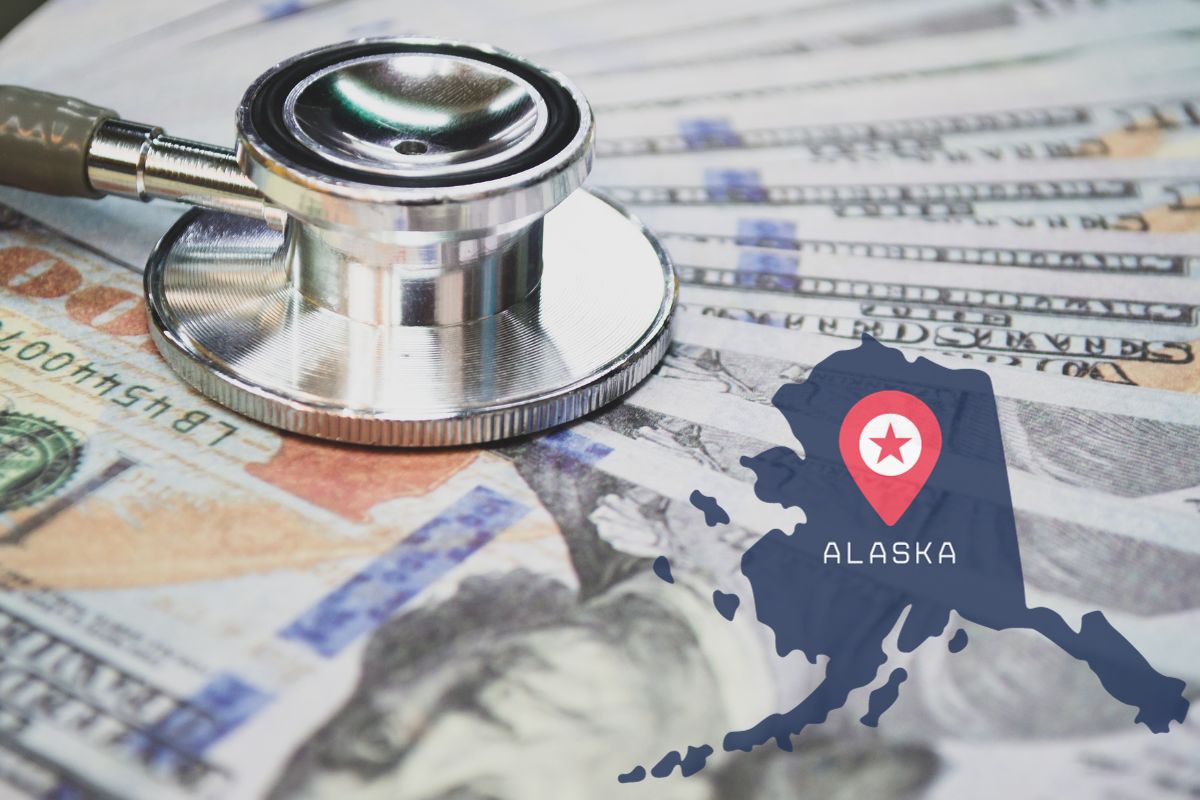Consumers are reminded that most people will receive subsidies to cover most of that increase.
Alaskan residents using the federal Affordable Care Act (ACA) health insurance marketplace will be experiencing an average increase in premiums of 16 percent for their coverage next year.
This increase is lower than what Alaskans experienced for this year’s increase, which was 18 percent.
There are several reasons that have combined to cause health insurance companies to raise the rates they charge for coverage next year. Though higher overall costs of care and a rise in the amount of care being used following the worst of the pandemic are factors, they are not the only reason.

Moreover, Alaskan Director of Insurance Lori Wing-Heier also pointed out that the rate increases are not being caused by insurer profits. Premera Blue Cross Blue Shield covers about 80 percent of the individual market in Alaska, with 20,000 members out of the total of around 24,000 people in the state. That insurer recorded operating losses of $26.5 million last year according to a filing with the federal government.
Increased health insurance rates are caused by a combination of costs making coverage more expensive to provide.
“Nobody in this administration is happy about these rate increases,” said Wing-Heier, whose office has a legal requirement to reject insurers’ requests to hike premiums to an “excessive” degree. That said, she also pointed out that “We have to be realistic about it.”
“We can’t say you can’t have a rate increase when we know it’s justified, based on how they closed out the year-end in 2022,” she added. “No matter how much it hurts, you’ve got to deal with reality.”
The health insurance rate increases Alaskans will see for their coverage in 2024 are some of the highest in the United States. Alaska has some of the highest care costs in the country. With the enrollment window still open until January 15, 2024, residents of the state still have time to look into the best coverage to suit their needs and their budgets, as well as to ask any questions they may have about the subsidies that will help most of them to greatly reduce the amount they pay in premiums.

